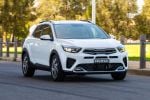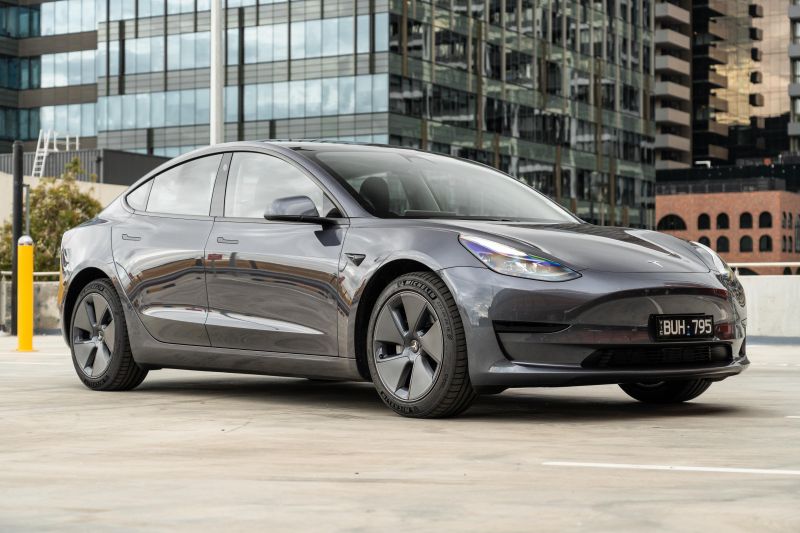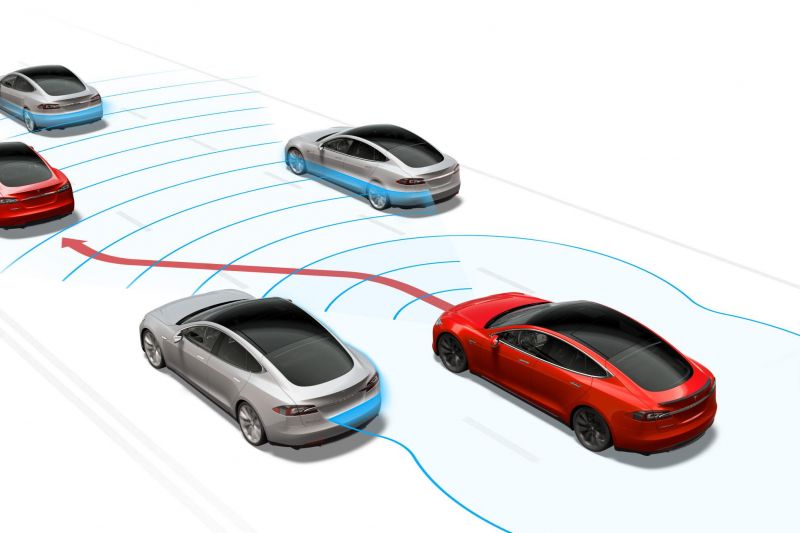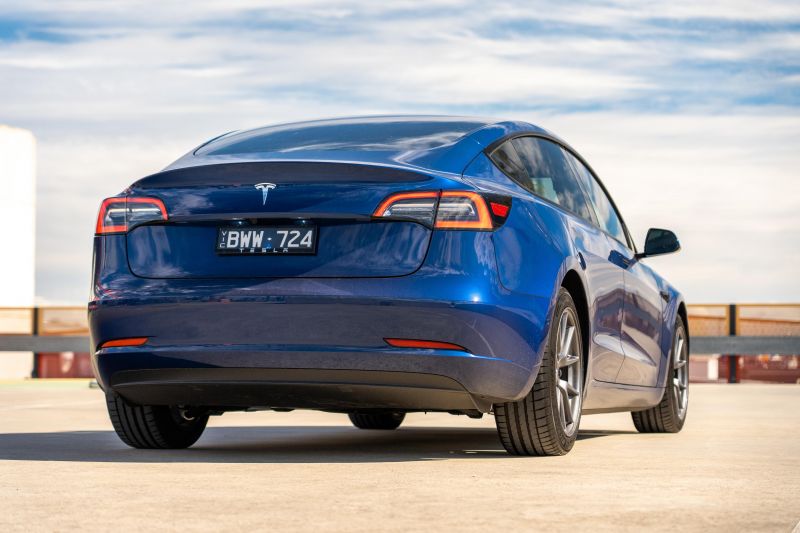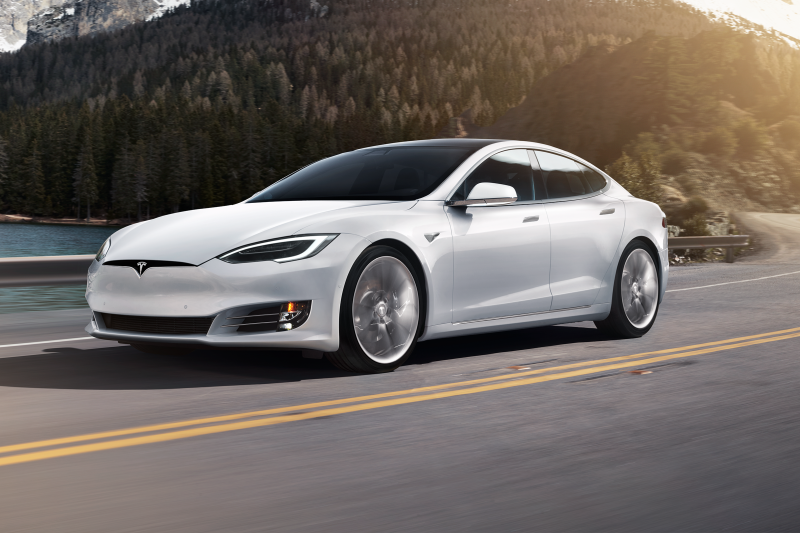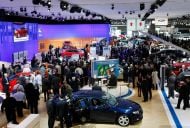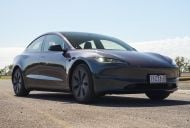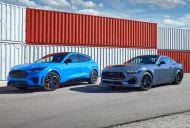“Reasonable evidence” has been found, a US judge has ruled, that Tesla CEO Elon Musk and other managers knew about dangerous defects with the company’s Autopilot system.
Reuters reports Judge Reid Scott, in the Circuit Court for Palm Beach County in the US state of Florida, ruled a plaintiff suing Tesla could proceed to trial and seek punitive damages from the company for intentional misconduct and gross negligence.
“It would be reasonable to conclude that the Defendant Tesla through its CEO and engineers was acutely aware of the problem with the ‘Autopilot’ failing to detect cross traffic,” Judge Scott found.
The Florida lawsuit was reportedly brought against Tesla after a fatal crash in 2019, where the Autopilot system on a Model 3 failed to detect a truck crossing in front of the car.
Stephen Banner was killed when his Model 3 crashed into an 18-wheeler truck that had turned onto the road ahead of him, shearing the roof off the Tesla.
The judge also reportedly ruled the Tesla driver’s wife could argue to jurors that warnings in the car’s owner’s manual and a clickwrap agreement – an electronic signature or confirmation of an agreement – were inadequate.
He also found evidence that Tesla “engaged in a marketing strategy that painted the products as autonomous” and that Tesla CEO Elon Musk’s public comments about the technology “had a significant effect on the belief about the capabilities of the products.”
As part of the evidence, a 2016 video was reportedly cited showing a Tesla driving fully autonomously, with a driver only sitting in the driver’s seat for “legal reasons” as pointed out by the video’s disclaimer.
According to Reuters, the video communicated that the car was “driving itself” in that demonstration.
“Absent from this video is any indication that the video is aspirational or that this technology doesn’t currently exist in the market,” said Judge Scott.
The judge also reportedly said Mr Banner’s crash was “eerily similar” to another fatal accident that occurred in 2016. In the 2016 crash, the Tesla Autopilot system also failed to detect crossing trucks, leading to the death of Joshua Brown.
University of South Carolina law professor Bryant Walker Smith told Reuters the evidence suggested there were “alarming inconsistencies” between what Tesla executives knew about the matter and what the company was saying in its marketing.
“This opinion opens the door for a public trial in which the judge seems inclined to admit a lot of testimony and other evidence that could be pretty awkward for Tesla and its CEO,” he said.
“And now the result of that trial could be a verdict with punitive damages.”
This setback for Tesla follows the company’s victory in two Californian court cases earlier this year.
In the first case, Micah Lee’s Model 3 was alleged to have suddenly veered off a highway in Los Angeles while travelling 65mph (104km/h), striking a palm tree and bursting into flames, all in span of a few seconds.
According to Reuters, the plaintiffs alleged the Model 3’s Autopilot system was engaged at the time and caused the crash that killed Mr Lee and seriously injured two passengers including a then eight-year old boy who was disembowelled.
Additionally, Tesla won a lawsuit against Los Angeles resident Justine Hsu, who claimed her Model S swerved into a kerb with Autopilot active.
Jurors told Reuters they believed driver distraction was to blame, and that Tesla had clearly warned its Level 2 system was not driverless technology.
The US National Highway Traffic Safety Administration (NHTSA) has opened more than 36 investigations into Tesla crashes, with 23 of these crashes involving fatalities.
